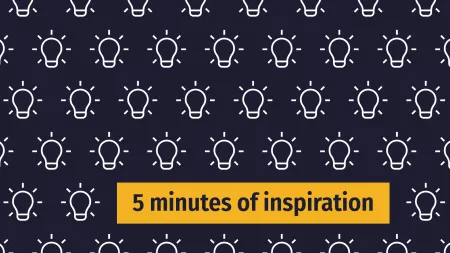In Bangladesh, women worked in solidarity groups to negotiate with landlords for higher wages as agricultural labor. What did they get? Higher and more stable wages for themselves, higher wages for men, and more decision-making power at home. It’s an idea that spread—nearby villages picked up the techniques and saw increases in wages to. Perhaps most interestingly, women in the project villages were able to narrow the gap between women’s wages and men’s. Now they earn 67% as much as men.
For those keeping international score, in the US women earn 79% as much as men do. So we all have progress to make here. Maybe we should be borrowing some techniques from the women in Bangladesh.
What did we accomplish?
- Wages went up: Both men and women saw their wages go up—women was a 46% increase and men saw a 23% increase in wages. Taken together, that’s enough to collectively earn more than a quarter of a million more in wages for families in Bangladesh.
- Gaps between men and women narrowed: At the beginning of the project, women made 56% as much as men did. By the end, they made 67% as much as men.
- Families have more food: The number of families that had to go without food during the previous 3 months dropped by 47%.
- Healthier, more educated families: Spending on health care and education more than doubled for families in the program.
- Women control more assets: Women are 3.6 times more likely to own cattle than they were at the beginning of the program.
How did we get there?
- Create space for negotiation: The project worked with wage earners to negotiate deals with their employers to provide more stable wages, and give women wages that were closer to men’s. They also advocated for formal contracts to guarantee these wages over time.
- Focus on women’s empowerment: The project used solidarity groups so women could increase their bargaining power and sense of solidarity for collective action.
- Look at control groups: The project evaluation examined what happened in neighboring villages, and saw an interesting fact. There was a spillover where other communities saw their wages go up, even though the increase wasn’t as much as project villages saw. But the GAP between men and women also increased, instead of narrowing like it did for the project areas.
Want to learn more?
You can also check out www.care.org/pathways for all of the materials on this project.
